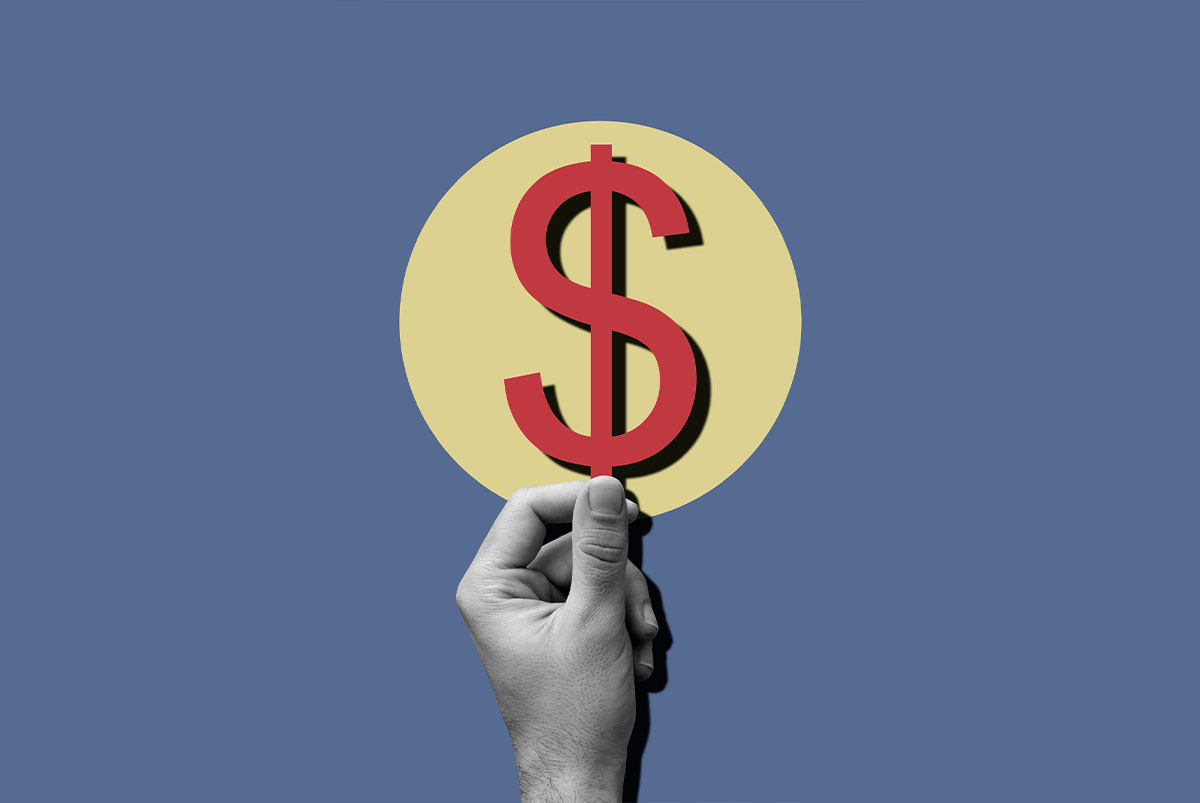Ready To Buy a Home?
Get Approved to Buy a Home
Rocket Mortgage® lets you get to house hunting sooner.
A transferable mortgage, more commonly known as an assumable mortgage, allows you to buy a home by taking over the homeowner’s mortgage. Federal Housing Administration (FHA) loans – one of the most popular home loans for first-time home buyers – are assumable.[1]
When interest rates are high, assuming an FHA mortgage is a great option, especially if the interest rate on the seller’s mortgage loan is lower than current interest rates. You can also save money on closing costs.
We’ll show you how to assume a mortgage, explore the rules and restrictions of assumable loans and dive into their pros and cons.
How Does an FHA Assumable Mortgage Work?
Explore Your Mortgage Options
What are you looking to do?
When you assume an FHA mortgage, you take over the seller’s remaining mortgage balance and existing mortgage terms. In most cases, a seller must obtain approval from their lender for the mortgage to be assumed.
A home appraisal isn’t required to assume an FHA loan. This can save buyers some cash in closing costs and expedite the closing process. However, you’ll need to compensate the seller for the equity they’ve built in the home.
For example, let’s say a seller bought a home for $400,000 and has $300,000 remaining on the mortgage. To assume the FHA loan, you’ll either need to come up with a $100,000 down payment or take out another loan to finance that amount.
Need Mortgage Help?
New home, second home, refinancing, we’ve seen it all. Whatever your goals, expert help is just a click away.
FHA Assumable Mortgage Requirements
To assume an FHA mortgage, the buyer must qualify for the loan. Home buyers who want to assume a mortgage issued after December 15, 1989, must meet the FHA’s eligibility requirements.[1]
To be approved for an FHA mortgage assumption, the buyer must meet the following requirements:[2]
- Your credit score must be at least 580 to make a 3.5% down payment or between 500 and 579 to make a 10% down payment.
- Your debt-to-income (DTI) ratio must be 43% or less.
- Your monthly mortgage payments can’t exceed 31% of your monthly gross (aka pretax) income.
If you meet the criteria to assume the loan, the mortgage lender will release the seller from liability for the mortgage, transferring the mortgage and repayment obligation to you.
Can family members assume FHA loans?
Yes, you can transfer your FHA loan to anyone if the FHA or Department of Housing and Urban Development (HUD) gives the okay.
If you want to assume your spouse’s FHA mortgage or your child wants to assume your FHA mortgage, it can happen as long as you or your child can demonstrate creditworthiness that meets the FHA’s standards.
What Are the Pros and Cons of an FHA Assumable Loan?
An FHA assumable loan comes with benefits and drawbacks for both buyers and sellers.
PROS of buying with an FHA assumable loan👍
If interest rates have gone up since the seller took out their FHA loan, you can take advantage of the lower interest rate when you assume their mortgage.
Assuming a mortgage can save you money on closing costs. You’ll still pay some closing costs, including an assumption fee from the mortgage lender, but your total closing costs should be lower than they would be with a new mortgage.
An appraisal that comes in below the offer price can quickly ruin a real estate transaction. Fortunately, when you assume a mortgage, the lender likely won’t require a new appraisal.
CONS of buying with an FHA assumable loan👎
Most lenders will run a hard credit inquiry and review your income to make sure you meet FHA eligibility requirements and can afford the monthly mortgage payment.
The down payment requirement could be the difference between the purchase price (or the home’s current market value) and the remaining loan balance you’re assuming. In the previous example of a $400,000 home with $300,000 remaining on the mortgage, your down payment would be $100,000. You’ll either pay the seller in cash or take out a second mortgage to cover the difference.
Because FHA loans require mortgage insurance premiums (MIPs), you’ll need to pay this additional cost.
Steps To Assuming an FHA Loan
Here are the steps you’ll need to complete in order to assume an FHA loan.
- Confirm the seller is willing to transfer the loan: You can’t assume a mortgage without permission from the seller. Make sure both parties are in agreement before continuing the process.
- Gather the necessary funds: Depending on how much equity the seller has built over the years, you may either need to make a large down payment or take out another loan to cover the costs. Whether you plan to save up or apply for a loan, make sure you have access to the funds before applying to assume the mortgage. Otherwise, your application could be denied.
- Apply for the mortgage assumption: To assume a mortgage, you’ll need to use the same lender as the seller. Make sure you provide all additional documentation and information the lender requires with your application.
- Complete the closing process: The closing process on an FHA mortgage assumption will include the transfer of funds for the down payment and closing costs, as well as the seller signing over the responsibility of repaying the mortgage to the buyer.
When an FHA Assumable Loan Can Be a Bad Idea
There are scenarios when an FHA assumable mortgage isn’t a good idea for a seller or a buyer.
For the seller
An FHA assumable loan can be a bad idea for a seller if they don’t get a written release of mortgage liability from the lender.
If the original mortgage is assumed without the lender’s knowledge and consent, then as far as the lender is concerned, the seller is responsible for the loan and anything that may go wrong, including default. That’s why it’s so important for a seller to involve their lender from the start.
For the buyer
An FHA assumable loan won’t do a buyer much good if the seller’s mortgage interest rate is higher than current interest rates. If that’s the case, the buyer may be better off applying for a new loan.
Assuming an FHA loan can be costly for a buyer, especially if the seller has a lot of equity in the home.
Make Sure an FHA Loan Assumption Is the Right Move
Under the right circumstances, like when interest rates are surging, assuming an FHA mortgage can save you money – but it isn’t a shoo-in to homeownership. A lender will verify that you meet the loan’s credit and income requirements.
Whatever you do, don’t make any assumptions. Work closely with the lender and make sure assuming a mortgage is the right move for you.
The Short Version
- When you assume an FHA mortgage, you take over the seller’s remaining mortgage balance and existing mortgage terms
- To assume an FHA mortgage, the buyer must qualify for the loan, which includes having a credit score of 500 or higher and a debt-to-income ratio of 43% or less
- You can transfer your FHA loan to anyone if the FHA or Department of Housing and Urban Development (HUD) gives the okay
U.S. Department of Housing and Urban Development. “Chapter 7. Assumptions.” Retrieved September 2023 from https://www.hud.gov/sites/documents/4155-1_7.PDF
Federal Deposit Insurance Corporation. “203(b) Mortgage Insurance Program.” Retrieved September 2023 from https://www.fdic.gov/resources/bankers/affordable-mortgage-lending-center/guide/part-1-docs/203b-mortgage-insurance-program.pdf




